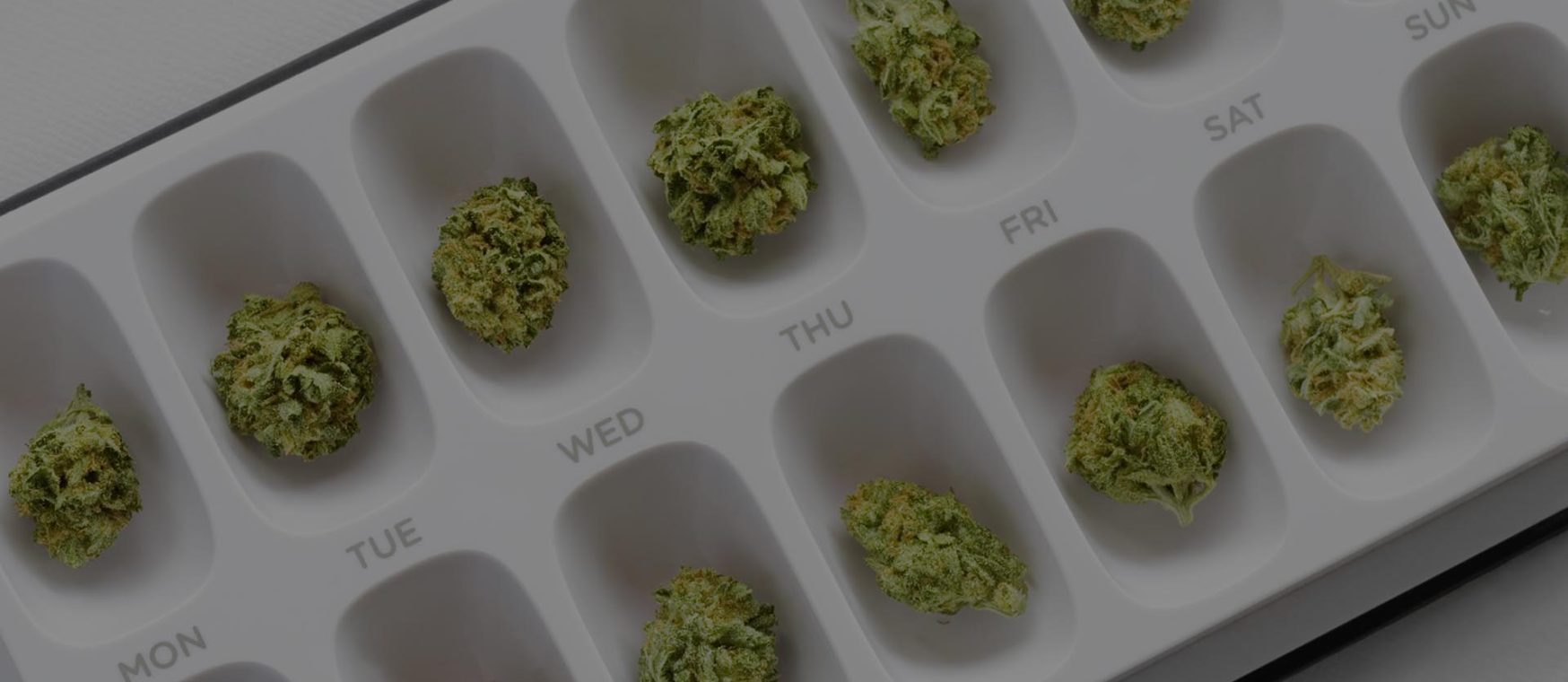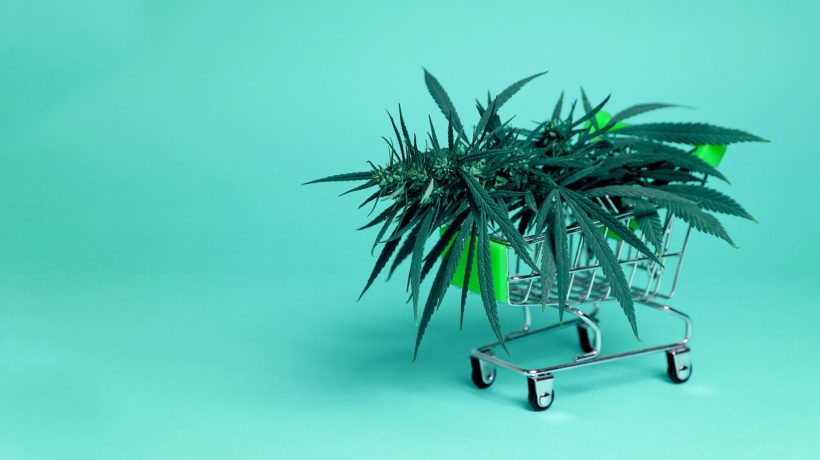Could Cannabis Solve America’s Opioid Epidemic?
Opioid addiction and overdoses have devastated the country for over a decade. Opioid-related deaths number in the thousands each year and have quadrupled since 2002. Some experts predict that more people will die from opioid overdoses this year than from homicide, suicide and car crashes combined.
As legislators wrestle with laws to change how opioids are accessed, prescribed and used, science is finding that the solution might be perfectly natural: cannabis.
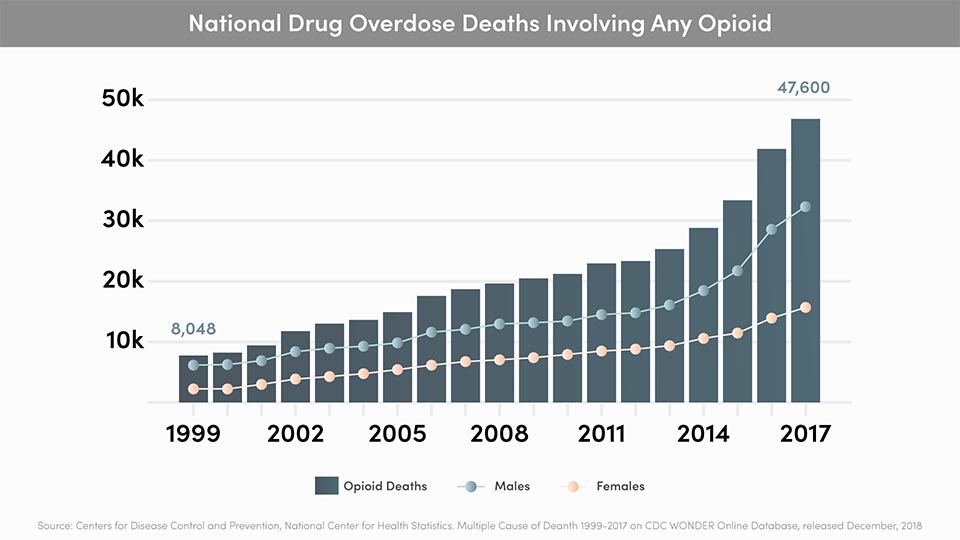
A pilot study conducted by Columbia University and the medical marijuana company Columbia Care LLC tracked 76 opioid users with chronic pain for nine months. They found that using medical cannabis was effective in helping 62% of patients cut down or end their opioid use.
Based on these compelling results, the National Institute on Drug Abuse gave the two organizations a grant to expand the study and look at whether or not cannabis treatments can have similar effects on opioid use and overdose risk for patients being treated for pain.
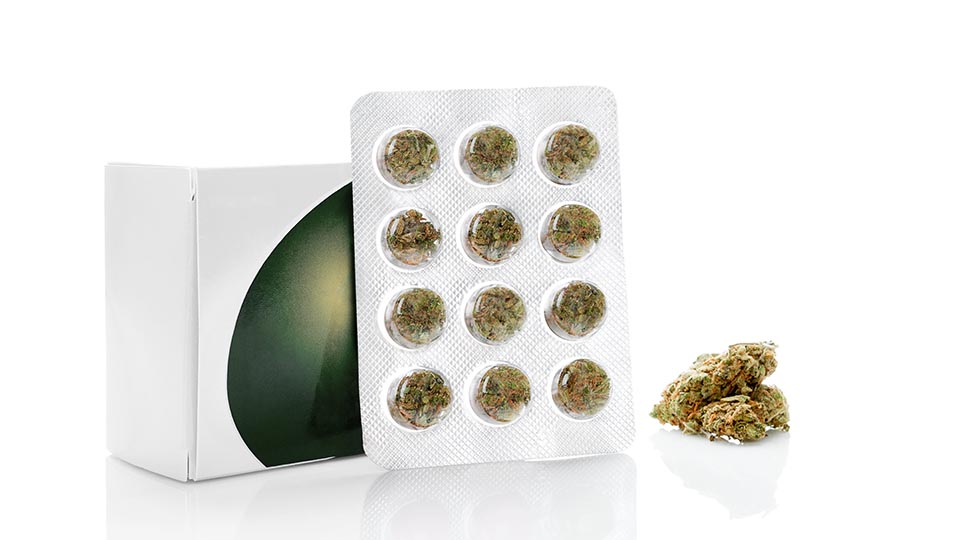
Building On Anecdotal Proof
The new research comes on the heels of multiple studies showing that states where medical marijuana is legal see fewer hospitalizations due to opioid overdose. According to the medical science publication STAT News, states that have legalized cannabis see a 25% lower death rate from opioid overdoses. The effect gets better over time, with an average 20% drop the first year that legalization takes effect and, by the sixth year, witness a 33% decline.
with an average 20% drop in opioid overdoses the first year that legalization takes effect
Last July, the medical journal Health Affairs reported that states where medical marijuana is legal wrote fewer pain medication prescriptions to Medicare patients than doctors in other states. Researchers connected the lower overdose rate with the fact that fewer prescriptions overall were being written for pain medication.
“Our findings suggest that providing broader access to medical marijuana may have the potential benefit of reducing abuse of highly addictive painkillers,” concluded Rosie Liccardo Pacula, a health economist who led a study for RAND Corporation, a nonpartisan, nonprofit organization that helps guide policy and decision-making.
Pacula’s study, “Do Medical Marijuana Laws Reduce Addictions and Deaths Related to Painkillers?” found compelling evidence that both the addiction and overdose rate from opioids could be mitigated through the use of medical marijuana. The study found a 16% drop in opioid death following legalization.
“Overall, we find strong, consistent evidence that medical marijuana dispensaries lead to reductions in opioid-related mortality,” the study authors concluded.
“Overall, we find strong, consistent evidence that medical marijuana dispensaries lead to reductions in opioid-related mortality,”
Overcoming Policy Obstacles
Despite compelling evidence of its benefits, those making drug policies still need some convincing. Opponents and skeptics are reluctant to accept the evidence. In February, the scientific journal Addiction refuted the idea that medical cannabis could reduce opioid addiction and overdoses.
The editors called medical marijuana’s effectiveness as a painkiller “modest” and cited a 2017 study from the American Journal of Psychiatry, which found that cannabis use “appears to increase rather than decrease the risk of developing nonmedical prescription opioid use and opioid use disorder.”
And Dr. Nora Valkow of the National Institute on Drug Abuse told CNN that the evidence is too anecdotal and doesn’t provide enough accurate data to influence legal policies or medical protocol.
“We cannot be guided by wishful thinking,” she told CNN in April. “We need objective data.”
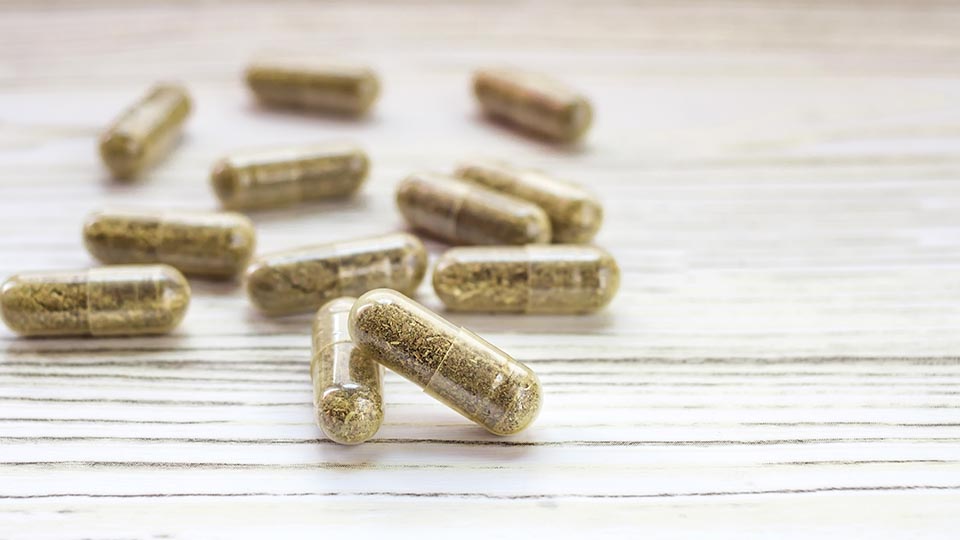
For those who have used medical marijuana to escape the hold of opioids, the proof is in their everyday. NFL running back Mike James found himself dependent on opioids after being prescribed pain pills for an ankle injury in 2013. He began using medical marijuana to get off the opioids, but because the NFL bans cannabis, his career was sidelined when he failed a drug test.
At 27, he found himself a free agent and earlier this year he submitted a request to the NFL for a therapeutic use exemption, which would allow him to continue using cannabis for pain management. They denied the request.
James is using his battle as a forum to create awareness about the benefits of cannabis in providing pain relief and as an alternative to addictive opioids. He speaks around the country in hopes of changing negative stigmas surrounding cannabis.
Already, some states are recognizing the viability of medical marijuana; in August, Illinois Governor Bruce Rauner signed into law a measure that allows cannabis as a replacement for opioid prescriptions. Doctors now can authorize medical marijuana for any patient who qualifies opiates like OxyContin, Percocet, or Vicodin.
in August, Illinois Governor Bruce Rauner signed into law a measure that allows cannabis as a replacement for opioid prescriptions.
While the Illinois pilot program will expire in 2020, its success may set a precedent for other states to replicate.
Regardless of where they stand on the use of medical marijuana, most agree that more research is needed. At the Cannabis Research Initiative at UCLA—one of the first academic programs to study cannabis—they’re hoping to lead the charge.
Dr. Edythe London, a distinguished professor of psychiatry and pharmacology at the UCLA School of Medicine, designed a study to test how the different combinations of THC and CBD affect opioid users’ pain. However, it is still awaiting approval from the Food and Drug Administration and the Drug Enforcement Administration.
